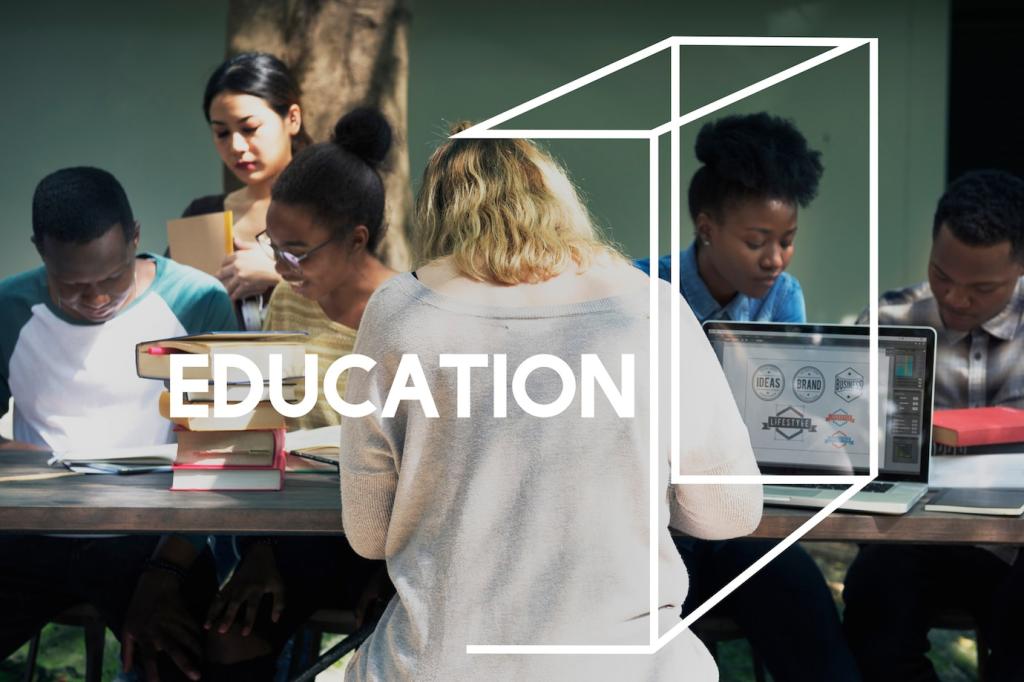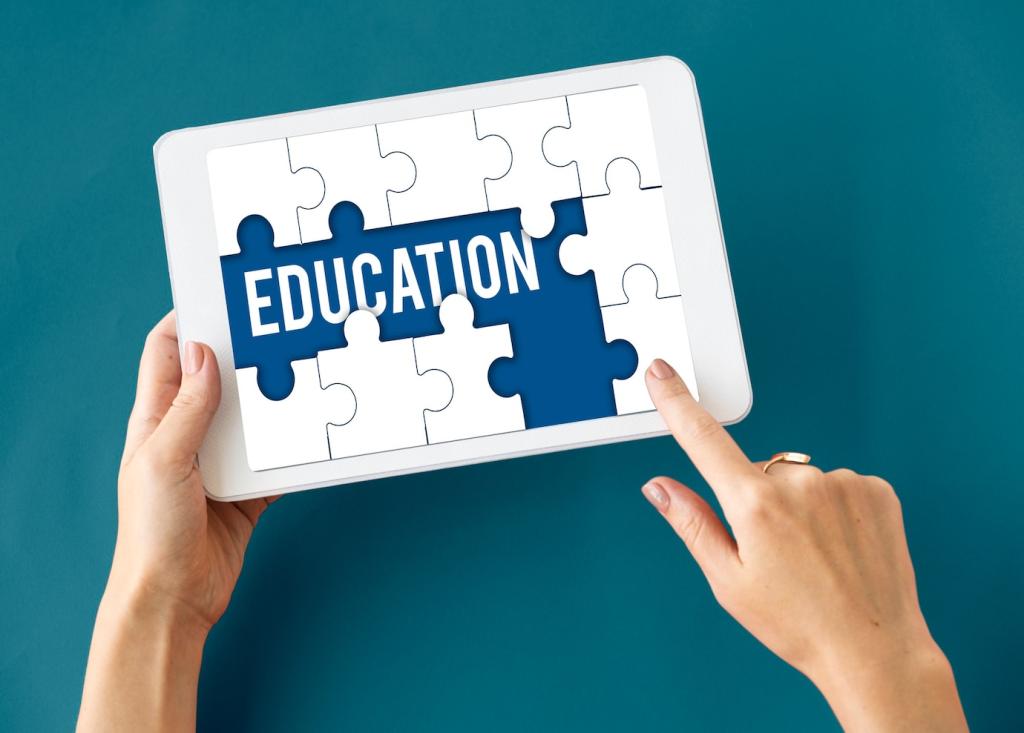Critical Inquiry and Bias Awareness
Place two editions side by side and ask what changed, what disappeared, and why. Students notice vocabulary shifts and new subtopics. They hypothesize social influences, then invite readers here to contribute additional historical examples.
Critical Inquiry and Bias Awareness
After reading a concise summary, students examine photographs, letters, or datasets that complicate the narrative. They log what the entry captured well and where nuance was missing. Encourage posting one surprising triangulation finding in the comments.
Critical Inquiry and Bias Awareness
For wikis, analyze revision logs to see how controversial topics evolve. Students track edits, rationales, and patterns of consensus. They prepare debate positions using evidence from the log. Invite subscribers to propose fair debate rules.
Critical Inquiry and Bias Awareness
Lorem ipsum dolor sit amet, consectetur adipiscing elit. Ut elit tellus, luctus nec ullamcorper mattis, pulvinar dapibus leo.







